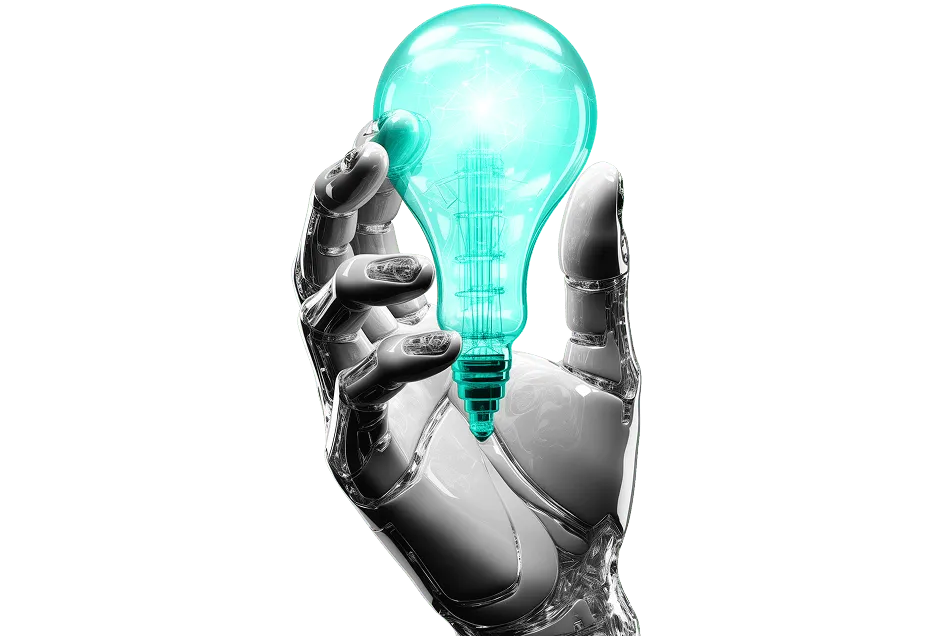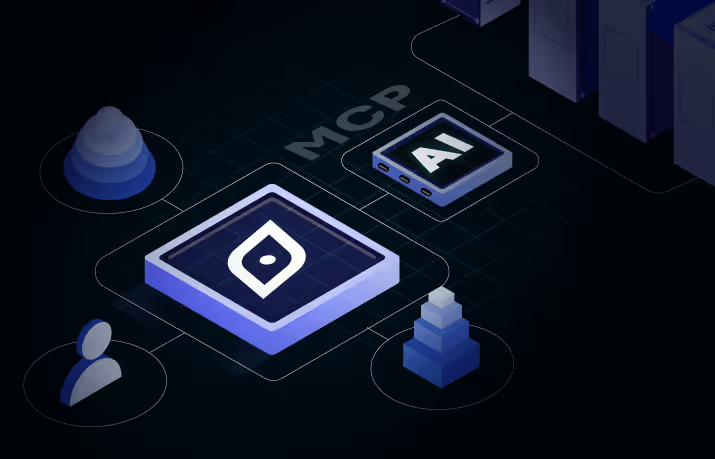Thriving in Change: Building a Culture of Continuous Learning Driven by AI
The traditional method of learning skills once and then applying them throughout one’s career is obsolete. Companies and employees must embrace a culture of continual learning driven by AI to remain competitive.
With certain roles and functions creating a demand for new skills and competencies, employees must update their skill sets to meet shifting demands to remain agile and adaptive.
Furthermore, the dynamic nature of markets necessitates quick evolution, making continual learning crucial for survival and prosperity.
How Talent Intelligence Enhances a Continuous Learning Culture
A continuous learning culture has numerous advantages for the individual learner which are:
- Improved problem-solving skills and knowledge exchange.
- Strengthened sense of community.
- Augmented innovation thinking.
- Respond to crises faster and effectively.
As per a survey, 41% said they would be significantly more inclined to stay with their company if they were provided significant career growth.
The cost of replacing workers ranges from 50-200% of an employee’s annual income, depending on the function being replaced. Developing a strong learning culture in your firm can boost employee engagement and prevent attrition.
Your firm can provide employees the ability to develop the abilities they need for their current employment while simultaneously allowing them to learn talents that will help them to advance in their careers with upskilling and reskilling.
Enhance Continuous Learning Culture with Talent Intelligence
Talent intelligence involves gathering, analyzing, and leveraging data to make informed decisions about talent management.
One of the significant advantages of AI-driven talent intelligence is its ability to identify skill gaps and learning opportunities within the organization. By analyzing employee performance data, it can pinpoint areas where reskilling or upskilling is needed most urgently.
Personalized learning paths are another benefit of AI-driven talent intelligence.
With access to an individual’s learning history, job role, and performance data, AI algorithms can recommend customized learning opportunities tailored to each employee’s needs and preferences.
This targeted approach not only enhances learning outcomes but also improves employee engagement and motivation.
Personalized learning effectively flips the workplace learning paradigm on its head, giving one-size-fits-all support on a global scale.
When the learning path is personal to the learner, they are more likely to stick with it and look for opportunities to learn along the route.
Talent management teams can maximize the company skills set by identifying and leveraging adjacent skills.
Implementing talent intelligence platforms can help talent management to build general and adjacent skills. It suggests appropriate career paths to improve skills in specific domains, particularly for individuals who may have been overlooked.
Employees must know where the organization is heading and what role they will play in that journey. AI enables talent management to provide transparency to employees about where they fit in the future vision.
Data may be utilized to develop career pathways for employees. Employees may develop a sense of interest in the existing and future state of their skills.
This interest is essential to develop a lifelong learning attitude that allows individuals to polish current abilities and learn new ones to excel in various professions.
Employees get control over their learning with talent intelligence.
AI helps employers give employees learning opportunities and enables businesses to place the power of learning directly in the hands of employees. Before AI organizations pushed learning and development programs regardless of relevance to the individual.
Talent management teams can utilize talent intelligence to provide employees with the power of choice in their workplace learning.
Employees are motivated to embrace progress and take advantage of possibilities when they have ownership and control.
They can choose which pathways to take, which abilities to develop, and which courses or training programs to enroll in to master those new skills.
In 2013, AT&T revamped its approach to internal learning at work by launching a self-service career platform powered by AI. It accomplished the following:
- Assist employees in finding open roles by providing links to competency-development tools.
- Analyze hiring trends in the organization to help employees choose a career path.
- Provide links to skill development resources.
- Connect workers with employees in a role comparable to theirs or one to which they are transitioning.
AT&T’s learning culture provided employees with a high level of control over their professional development. By 2020, approximately 90% of the company’s management staff had engaged in learning programs, seven years after the initiative’s inception.
Conclusion
AI-based talent intelligence helps talent management instill a growth mindset in employees.
Creating a learning culture begins with demonstrating to employees that they have a future with the organization. If they can envision a career path with the organization, they are more likely to commit to it and adopt a lifelong learning mindset to attain their career goals.
To cultivate the mindset of a lifelong learner, businesses must present employees with a vision of their future and how to achieve it, as well as give them power over their learning. AI enables you to do both.
Talent management teams can benefit from using Draup for Talent, a talent intelligence platform to get insights on employees’ abilities and potential, which managers can use to determine who would benefit from reskilling.
Its Reskill Simulator can be used by talent management teams to:
- Find reskilling opportunities within the organization.
- Utilize a cost-benefit analysis to create a business case.
- Identify qualified people for reskilling initiatives.
- Create a customized learning plan.
Related Articles










.svg)

















.svg)





.svg)





.svg)
